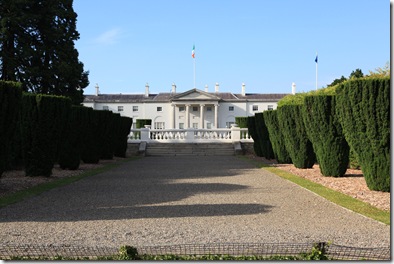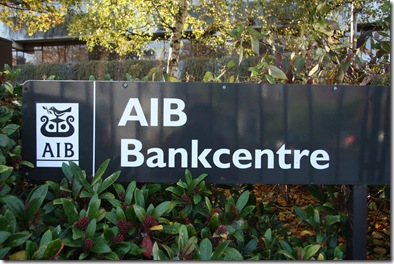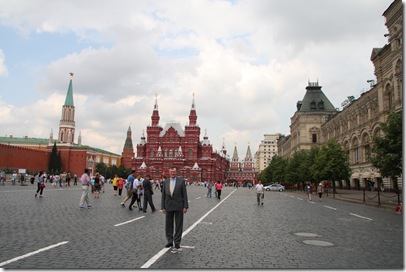 Senator David Norris advises that he ‘remains committed to his presidential ambitions’ notwithstanding that he is knee-deep in controversy again.
Senator David Norris advises that he ‘remains committed to his presidential ambitions’ notwithstanding that he is knee-deep in controversy again.
It would be misleading to portray Norris as the only prominent friend and advocate that Ezra Nawi had in Ireland. Nawi (59), a Jerusalem-born plumber whose parents were Iraqi, was prosecuted in 2009 and eventually jailed in May 2010 for a month having been charged with assaulting an Israeli border police officer in July 2007 while military bulldozers were destroying the fragile shanty homes of Palestinians in South Hebron. Israeli television film footage of that incident indicated that Nawi was not guilty of that charge.
Nawi's interest in that cause was stimulated by his long-time Palestinian partner, Fuad Mussa and both were the subject of a film documentary made in 2008. The Palestinian homes did not have running water, electricity of basic infrastructural services and the occupiers of these properties had been under constant harassment by Israeli ultra-orthodox settlers’.
Nawi was described on the Trocaire web site as ‘a friend of the charity who works closely with its partners’. Trocaire’s voice was one of 20,000 who protested vigorously against that conviction. Nawi’s non-violent political activity was aimed at highlighting the efforts of local Palestinians’ to remain in their property but Israeli settlers, army and police had a strong interest in muzzling his efforts and removing him from the area and he was frequently the subject of threats to his life and homophobic sneers.
Those who advocate on his behalf in Ireland and The Middle East make no reference to his conviction for the statutory rape of a minor in 1992 although some acknowledge that it was his long-term and younger Palestinian partner who originally stimulated his interest in the residents’ cause starting in 2000, eight years that conviction.
They joined Ta’ayush,, an Arab-Jewish partnership in the south Hebron area. Ta’ayush was established in 2000, which stands in Arabic for ‘living together’ the stated objective of breaking down racism and segregation. Nawi remained a member of this organisation until he began his jail sentence on 23 May 2010. He contended that Israeli laws ‘are immoral’; hence his civil disobedience.
The dignity and the integrity of the Office of President cannot be sustained if it is to lunge from one controversy to another and this is why Senator Norris and cronies are unlikely to prevail. If the dignity of the presidency is under attack the dignity of the nation will be undermined. How could that be a credible basis for defending the Constitution and promoting the prestige of Ireland?









